Results
-
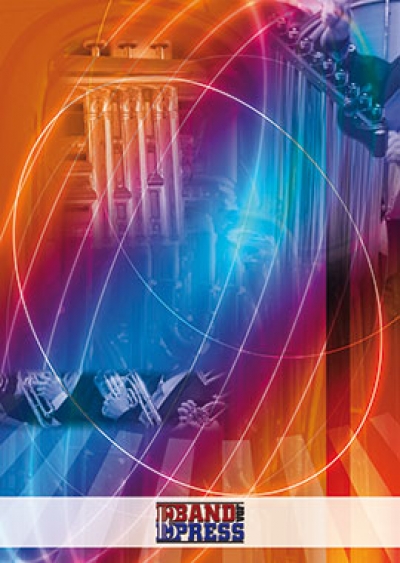 £57.00
£57.00Ich bete and die macht der liebe/I pray to the power of love - Dmitry Bortniansky - Luc Vertommen
Estimated dispatch 7-14 working days
-
£44.95
LABOUR AND LOVE (Brass Band Set) - Percy Fletcher
Following its selection as test-piece for the 3rd Section of the Regional Brass Band Championships of Great Britain 2010, the publishers have made the following amendments to the original publication; Tenor Trombone parts are now in treble clef, percussion parts are now included in the full score.
Estimated dispatch 7-14 working days
-
 £60.00
£60.00And I Love Her - John Lennon - Jirka Kadlec
Estimated dispatch 5-14 working days
-
 £92.00
£92.00Peace And Love - Ted Barclay - Bertrand Moren
Estimated dispatch 5-14 working days
-
£52.11
Labour and Love - Percy E. Fletcher
Estimated dispatch 5-14 working days
-
 £24.95
£24.95You Know That We Love You! (Trombone Feature with Brass Band - Score and Parts) - Downie, Kenneth
First published for SATB choir in 1983, the majestic feel of the melody gave the arranger the idea of featuring it for trombones, demonstrating the tender qualities of the section.
Estimated dispatch 7-14 working days
-
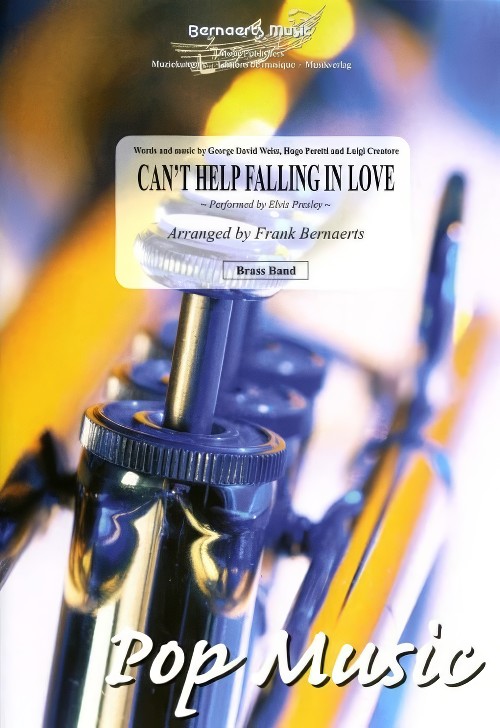 £53.99
£53.99Can't Help Falling in Love (Brass Band - Score and Parts) - Bernaerts, Frank
Performed by Elvis Presley. Duration: 03:15
Estimated dispatch 7-14 working days
-
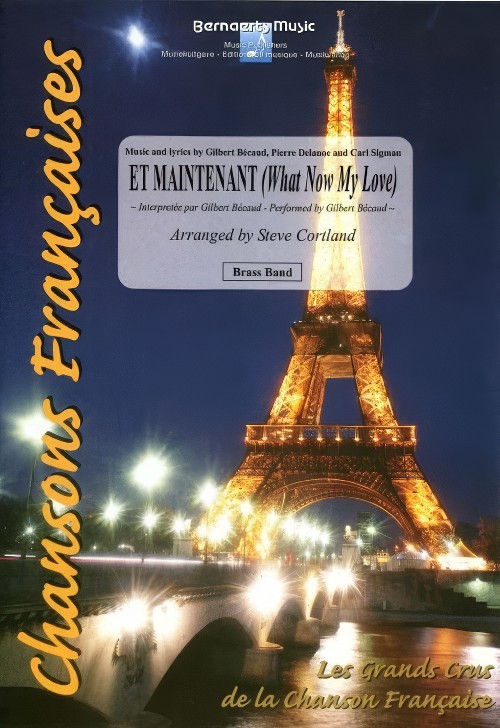 £53.99
£53.99Et Maintenant (What now My Love) (Brass Band - Score and Parts) - Cortland, Steve
Performed by Gilbert Becaud. Duration: 03:15
Estimated dispatch 7-14 working days
-
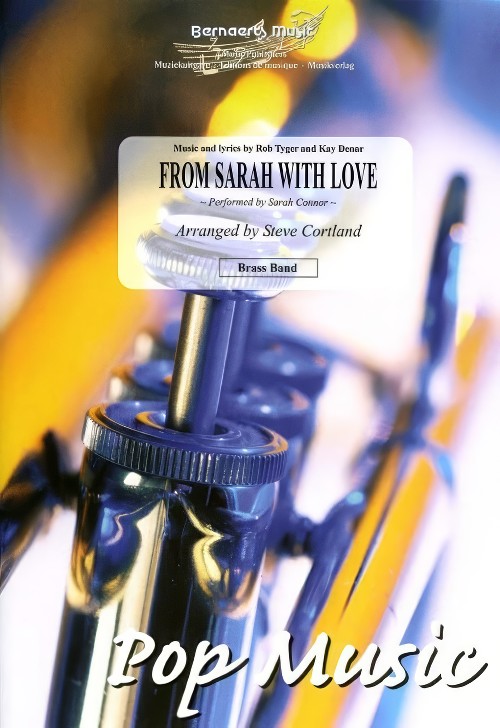 £53.99
£53.99From Sarah With Love (Brass Band - Score and Parts) - Denar & Tyger - Cortland, Steve
Performed by Sarah Connor. Duration: 04:15
Estimated dispatch 7-14 working days
-
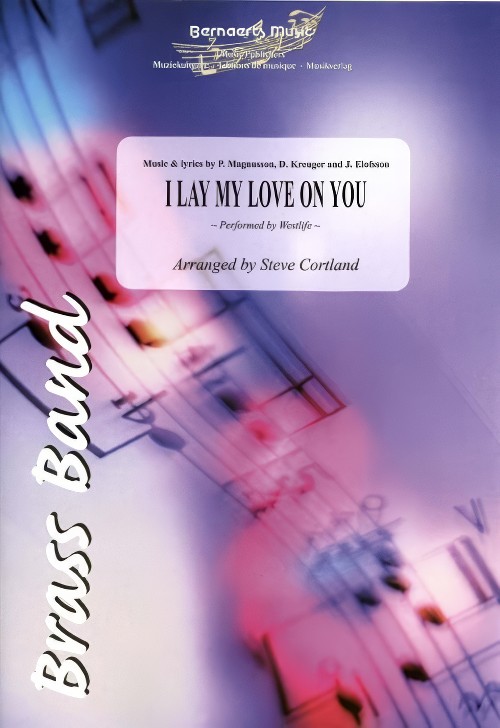 £50.99
£50.99I Lay My Love on You (Brass Band - Score and Parts) - Cortland, Steve
Performed by Westlife. Duration: 03:45
Estimated dispatch 7-14 working days
